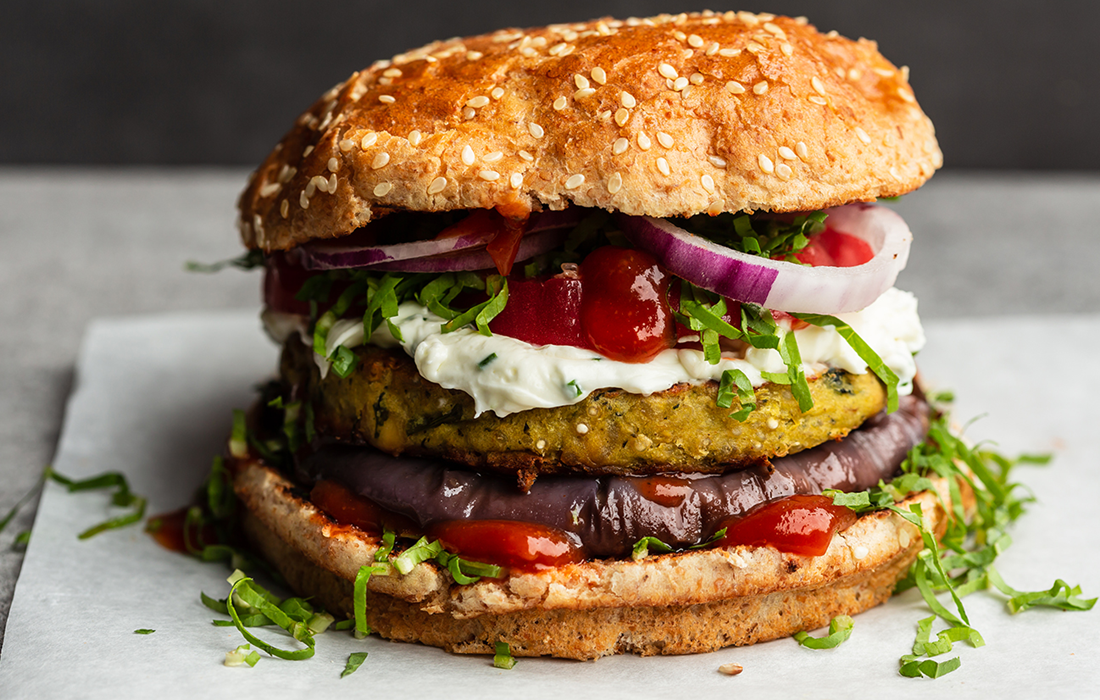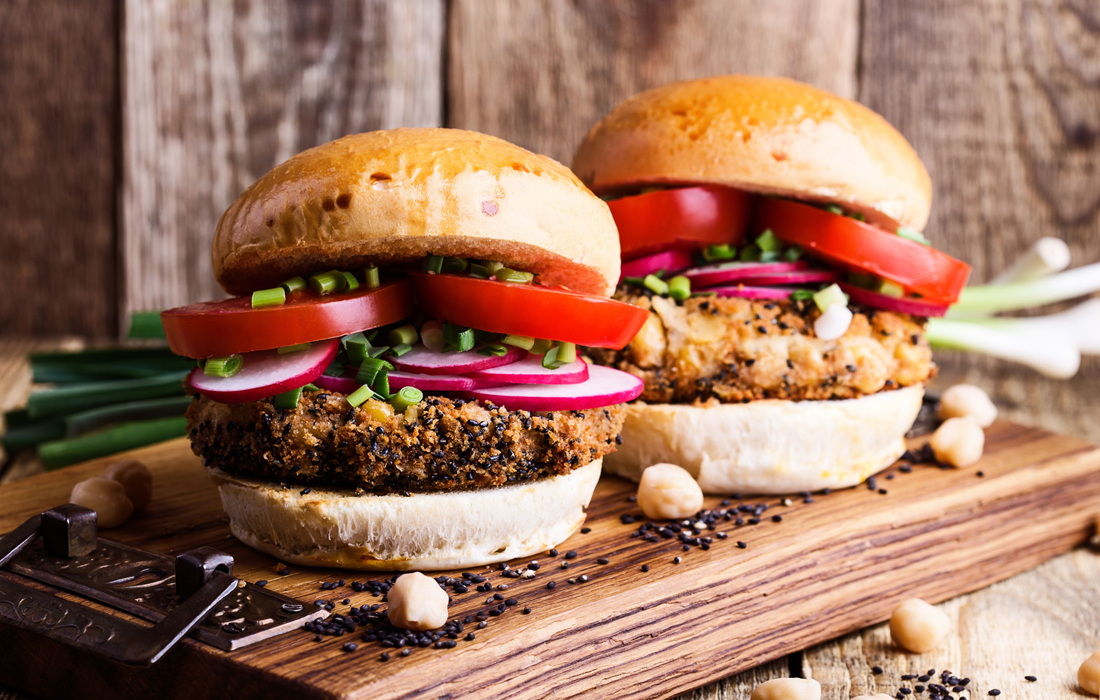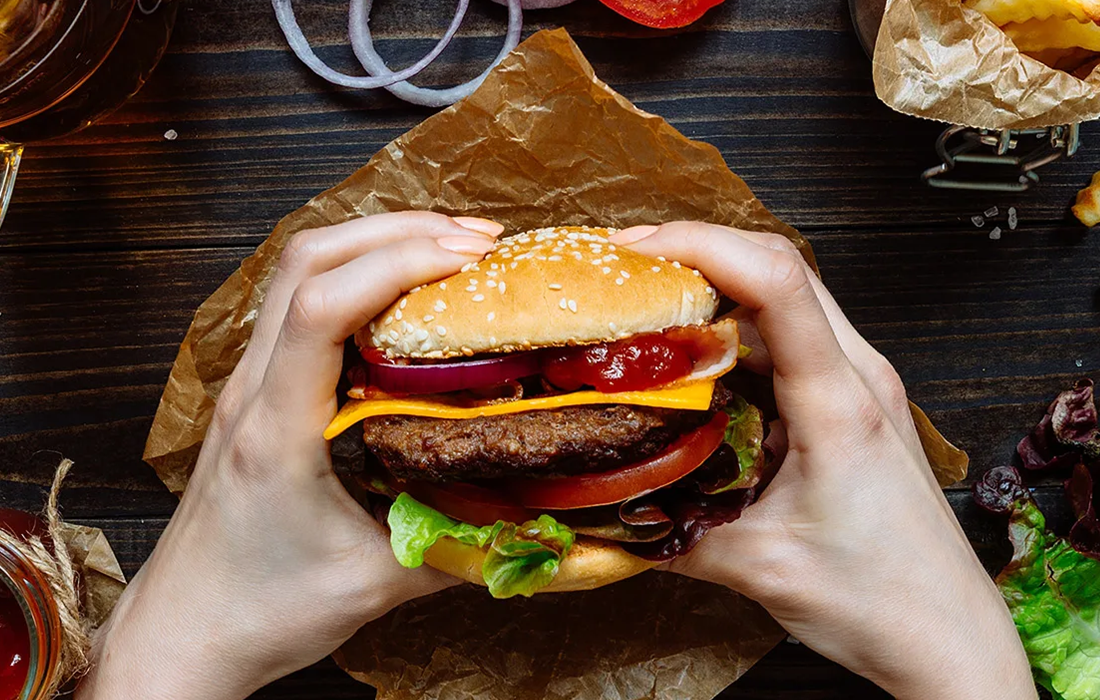Burger Nutrition is a touchy topic, with many people claiming that burgers are both unhealthy and full of fat. But what is actually the truth? It ‘s important to know what we’re eating, but it’s also important to eat well. Here’s some information on good burger nutrition;
1.Protein:
Is the main ingredient in the burger patty and contains all of eight essential amino acids needed by humans for growth and maintenance of body tissue. There are eight essential amino acids because our bodies cannot produce them, and we need to get them from our food. The protein in the patty comprises about 27% of the calories from meat, which is almost exactly what vegetable and grain seeds contain.

2.Fat:
Contains 9 calories for every gram and is mainly found in the form of triacylglycerols (3-4% of the total content) or phospholipids (1-2%), esters that are used as energy carriers across cell membranes. In the blood, two-thirds of fats are carried as triacylglycerols, which dissolve in plasma to form fat globules. Fats are insoluble in water and therefore must be transported through the plasma by means of protein carriers.
3.Carbohydrates:
Carbohydrates contain less than 10% of calories and provide mainly energy. The cells use carbohydrates as an energy source because they are easier to break down than proteins and fats. There are three types of carbohydrates: simple carbohydrates (sugars), complex carbohydrates (polysaccharides) and fiber (cellulose).

Benefits of Burger Nutrition
1.Reduce weight:
A reduction in caloric ingestion of 500 calories per day, over 6 weeks, resulted in a weight loss of 0.5 kg. This is equivalent to about 2% of the total body weight. The most important factors that determine the rate of fat loss during moderate caloric restriction are lean body mass and body fat distribution. Lean body mass is the only one that decreases if calorie intake is reduced. During energy restriction, muscle mass increases by about 0.8 kg over 6 weeks and up to 2 kg after 12 months.
2.Remodeling the body:
Calorie restriction improves the metabolism of fat stores and is especially useful for patients who have a high level of body fat. It activates enzymes that are able to break down stored triglycerides(fat) into energy. A drop in body fat from 25% to 20% has been shown to increase basal metabolic rate by about 20% after 12 weeks. However, this effect can be seen only for people who have a high level of body fat. For those with a lower level it is possible that the same effect does not occur due to the fact that there is no weight loss during the first period of caloric reduction.

